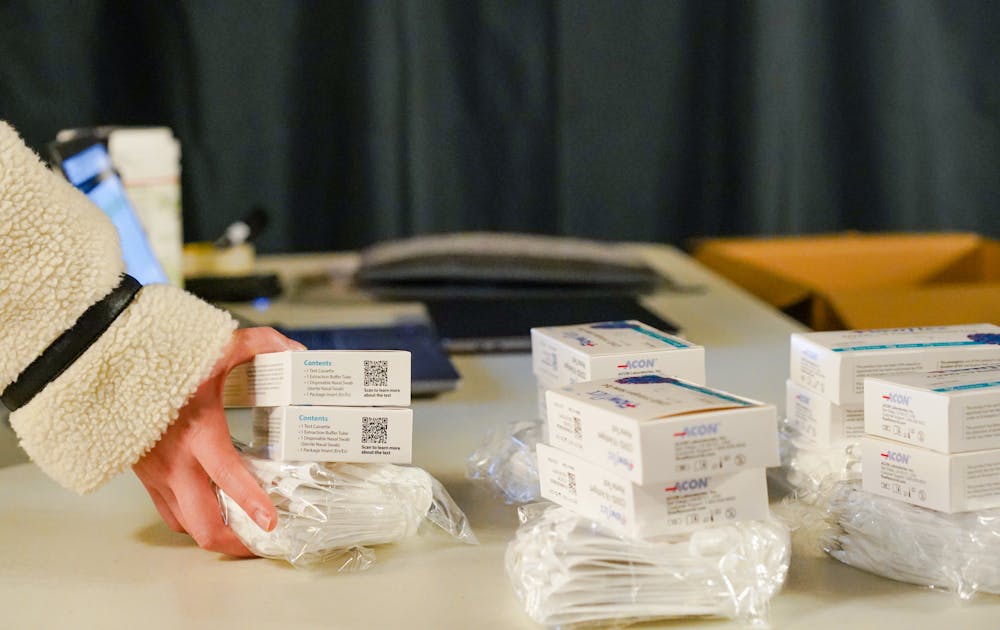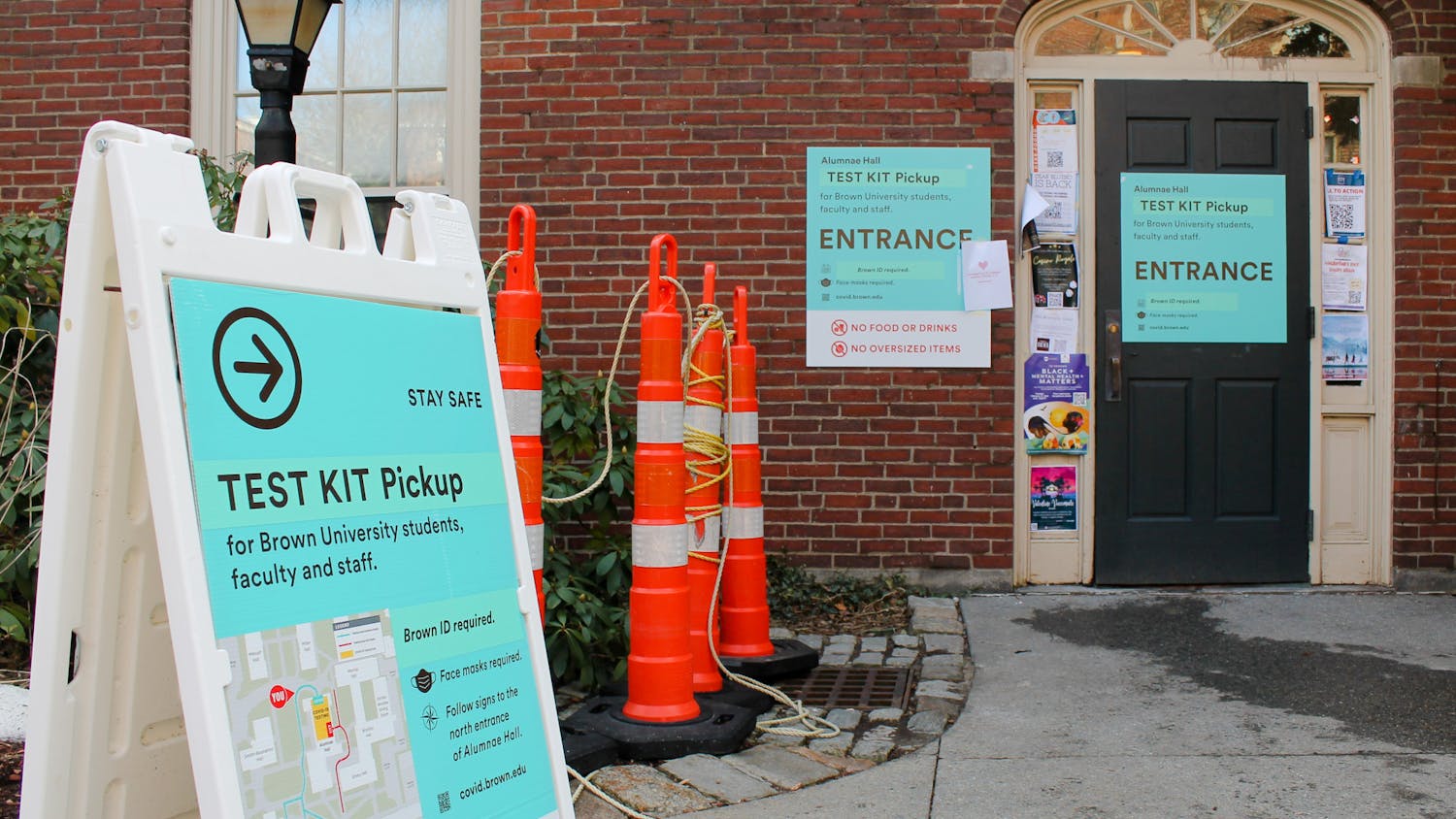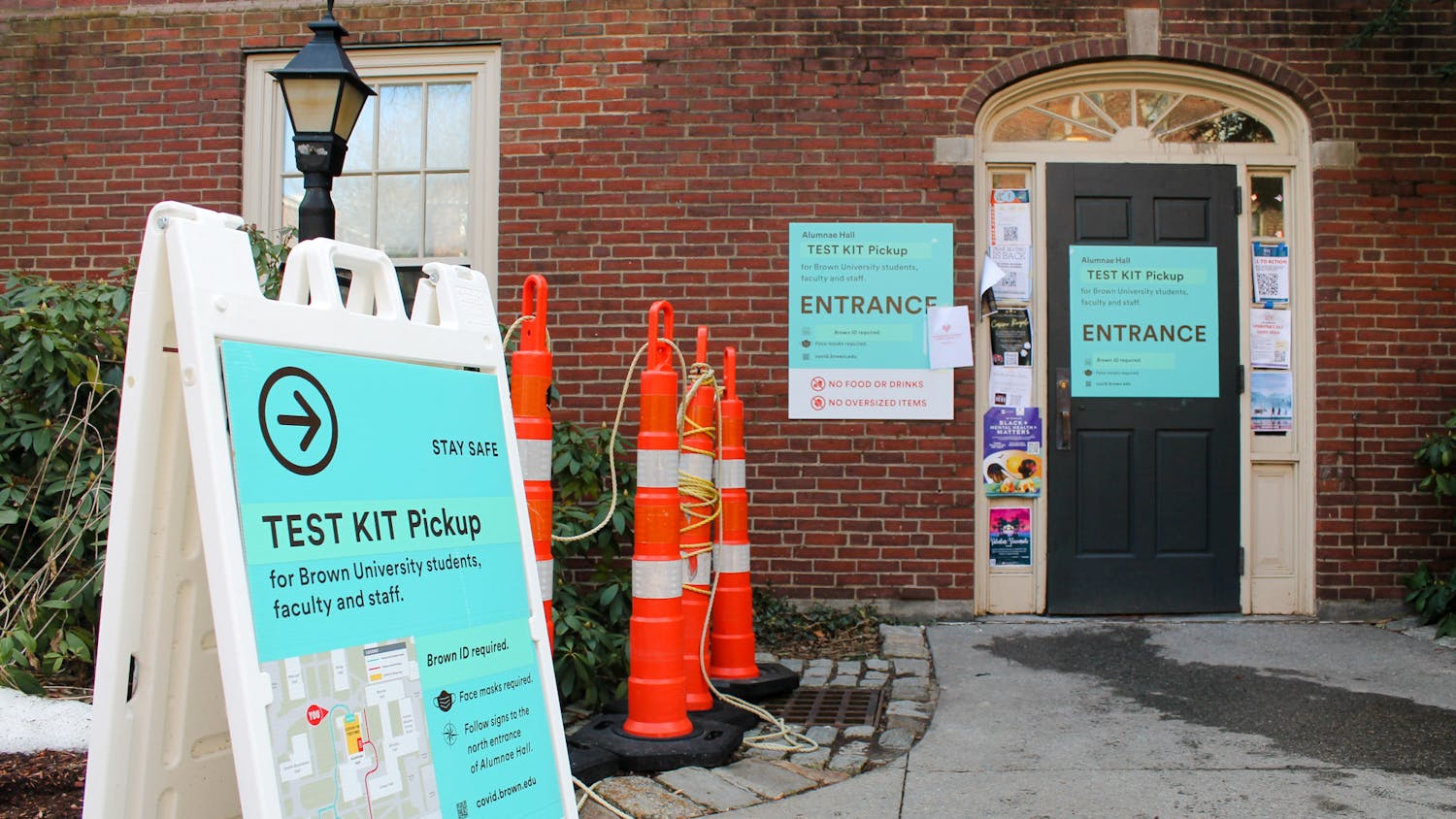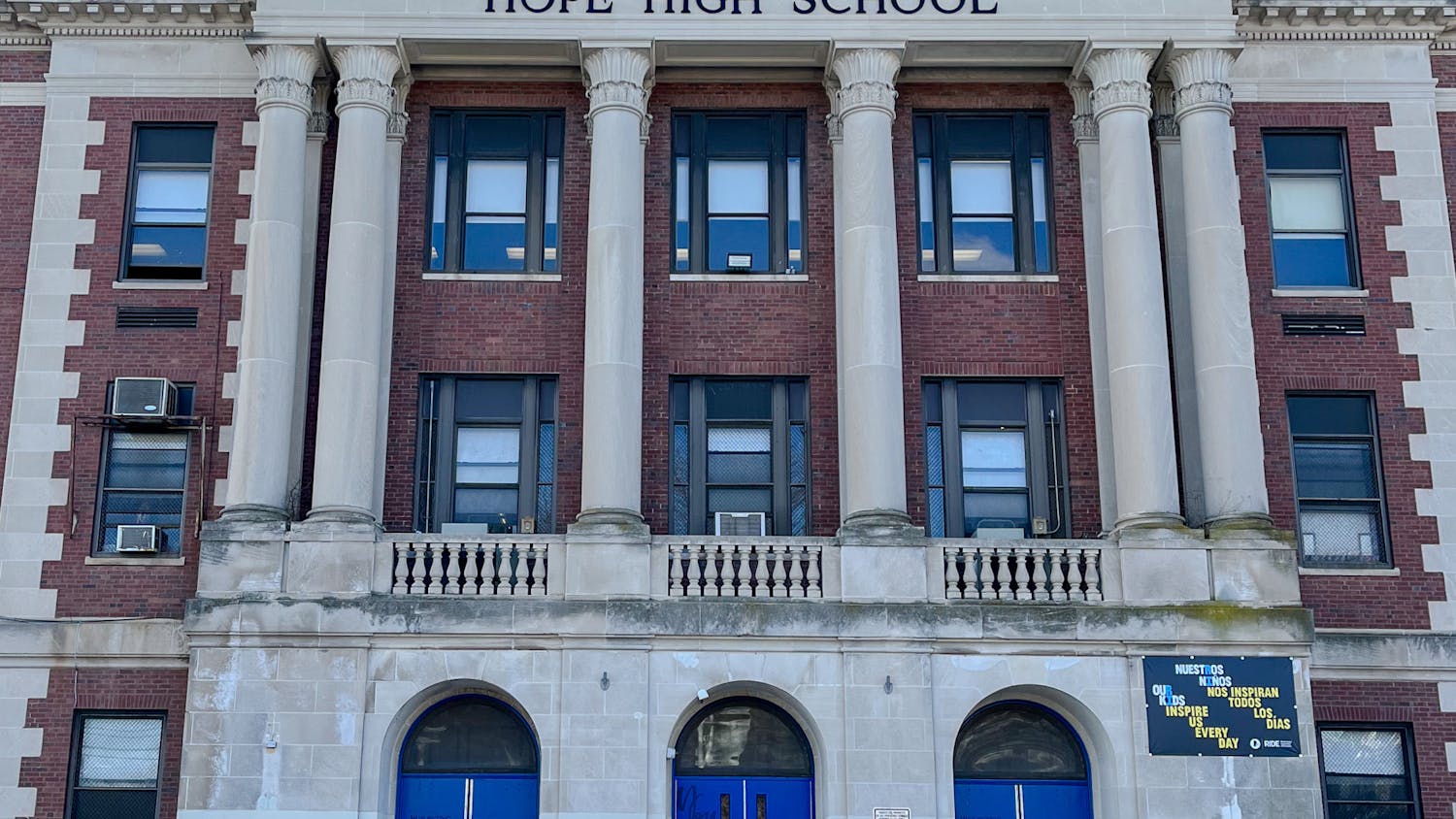From March 31 to April 6, 87 students and 21 employees reported positive COVID-19 test results, an increase of 55 student cases and 10 employee cases from the prior week, according to an April 8 Today@Brown announcement from Executive Vice President for Planning and Policy Russell Carey ’91 MA’06.
The uptick in positive COVID-19 cases was “expected,” Carey told The Herald. The University has repeatedly seen increases in cases when students return to campus after breaks, he added.
Students traveling over spring break were required to test on the first and third day after returning to campus, The Herald previously reported.
“We’ve mostly found it encouraging that people are doing what we asked them to do, because when they test positive and isolate they reduce the risk of transmission,” Carey said.
Carey reiterated that people who are testing positive for COVID-19 continue to present mild symptoms and that there have been no “patterns, outbreaks or transmission clusters.” Current patterns of COVID-19 spread on campus do not indicate that additional restrictions are necessary, he added.
Twenty-five students are currently in isolation in designated on-campus or off-campus isolation housing, according to the announcement. There have been approximately 160 beds designated as isolation housing this semester, with three floors of the Courtyard by Marriott Providence Downtown and three on-campus locations set aside for students who test positive, according to University Spokesperson Brian Clark.
Campus Life and Health Services “said that there has been some gradual ramp down in the number of rooms available since the end of last semester,” Clark said.
Positive COVID-19 cases in Rhode Island have also increased slightly from previous weeks, with the Rhode Island Department of Health reporting 133 new cases per 100,000 people during the week of April 2, compared to 115 the week before.
In response to the Omicron subvariant BA.2, now the dominant variant of COVID-19 in the United States according to the Centers for Disease Control and Prevention, the University is relying primarily on guidance and information from the state and the CDC, Carey said.
BA.2 “is highly transmissible and people should continue to exercise caution and follow best public health practices, but it's not so prevalent or widespread that it would change anything that we're doing on campus,” Carey said.
With pre-registration for classes next semester beginning on April 19, Carey said the University is planning for a “normal semester.” There may be classes offered online for reasons unrelated to COVID-19, but students “should not have concerns about in-person or not in-person” classes when making decisions about pre-registration, he added.
“Expect a semester like this one and hopefully with even less transmission than we've had this semester,” Carey said.
Haley Sandlow is a section editor covering science and research as well as admissions and financial aid. She is a junior from Chicago, Illinois, studying English and French.





